AARP Hearing Center

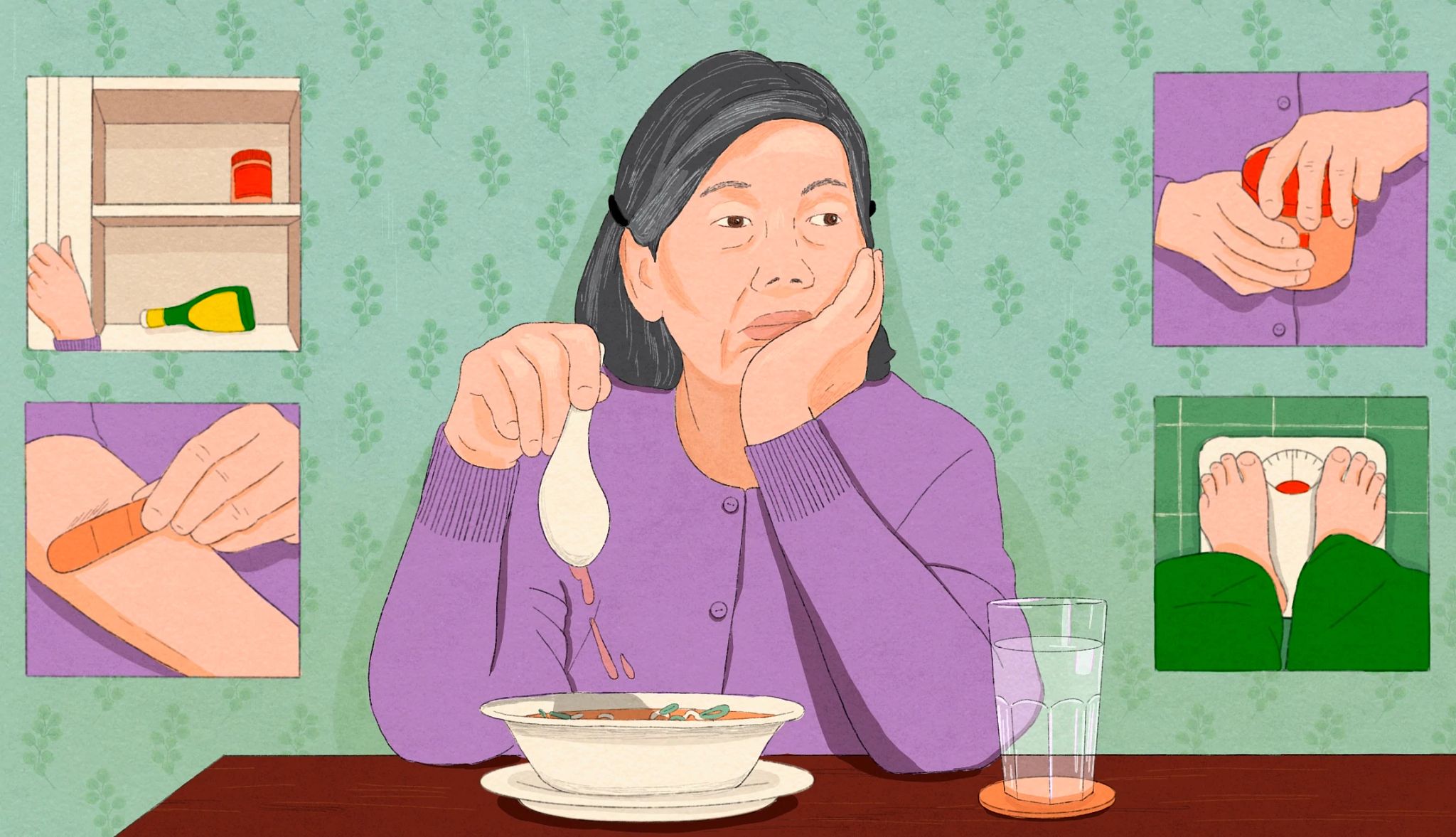
In this story
Malnutrition myths • Risk factors • Malnutrition symptoms • How to help
Has your once-hefty dad dropped two pants sizes? Has Mom stopped cooking and keeping fruits and vegetables in the house? Do you have an older family member who seems to constantly get sick?
Those can all be signs or symptoms of malnutrition.
Malnutrition happens when the body doesn’t get the right balance of foods to stay healthy. In older adults, the most common type is undernutrition, which happens when the body isn’t getting enough of the calories, protein or other nutrients it needs to function.
About 1 in 4 older adults in the United States is malnourished or at risk of malnutrition, according to a 2023 study published in BMC Medicine.
Malnutrition myths and consequences
Even if you consume plenty of calories, you can still suffer from malnutrition if you don’t eat enough healthy foods like fruits, vegetables, whole grains and protein, says Angel Planells, a Seattle-based registered dietitian and a spokesperson for the Academy of Nutrition and Dietetics.
“A person can be obese and have malnutrition,” Planells says. “A lot of us think that a hefty person could not be malnourished. But if they are eating poorly, or if they’re not getting enough fruits and vegetables or not enough fiber, their bodies aren’t functioning optimally.”
Malnutrition is especially common among older adults in nursing homes and hospitals. One study found that about a third of well-nourished patients who enter the hospital become malnourished during their stay.
People suffering from malnutrition have higher rates of bone fractures, are more likely to experience prolonged hospitalization, and have less successful treatment outcomes. Malnutrition also increases the risk of death.
What increases the risk for malnutrition?
Older adults are at higher risk of malnutrition for several reasons:
Weakened senses. As you age, your sense of hunger and thirst weakens, which can decrease appetite.
Side effects of medication. Older adults are more likely to have conditions or be on medications linked to low appetite, or that have gastrointestinal side effects such as nausea and vomiting.
Difficulty chewing. Tooth decay and other dental issues can make chewing a challenge, and some older adults have trouble swallowing.
Isolation. Depression, social isolation and limited mobility are also factors.
8 signs and symptoms of malnutrition
The symptoms of malnutrition aren’t always obvious, experts say, but spotting them and intervening early is critical. Here are some malnutrition signs and symptoms to look out for:
1. Unintentional weight loss. Malnutrition is typically diagnosed if someone has unintentionally lost 5 to 10 percent of their body weight over three to six months, or if their BMI (body mass index) drops to 18.5 or below, Planells says. (Use AARP’s BMI calculator.)
If persuading your loved one to hop on a scale is challenging, look for other signs of significant weight loss, such as loose clothing, rings, watches or dentures.
You can also look for changes in their facial structure, Planells says. The loss of muscle and fat in their face can create a sharper or more angular jawline, more prominent cheekbones, and sunken eyes or temples.































































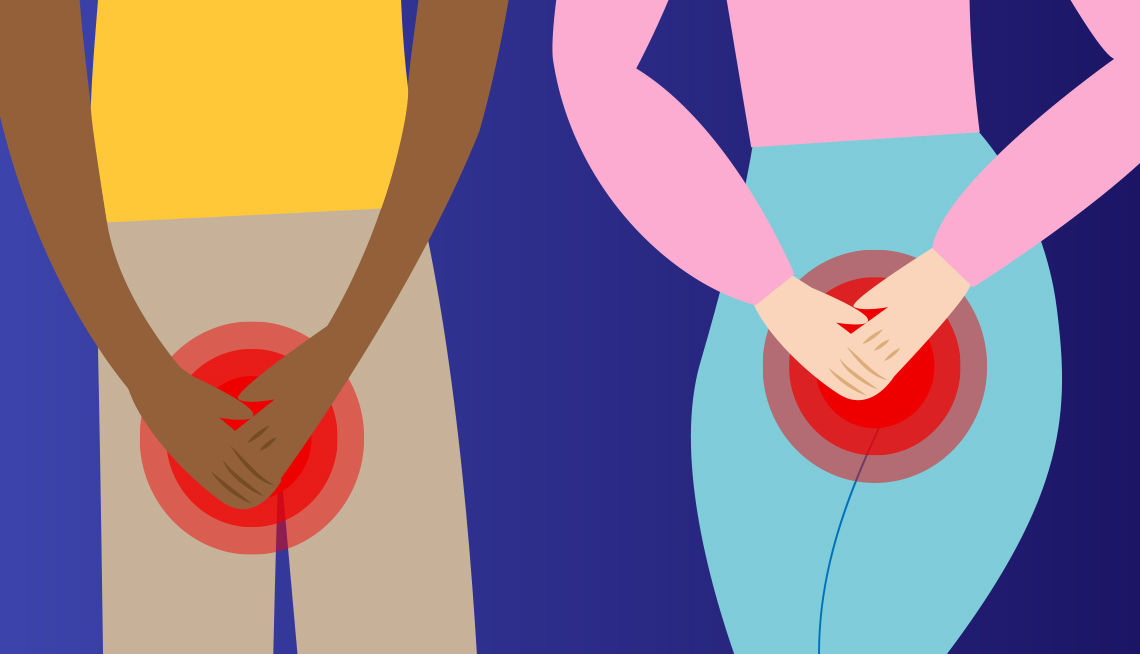
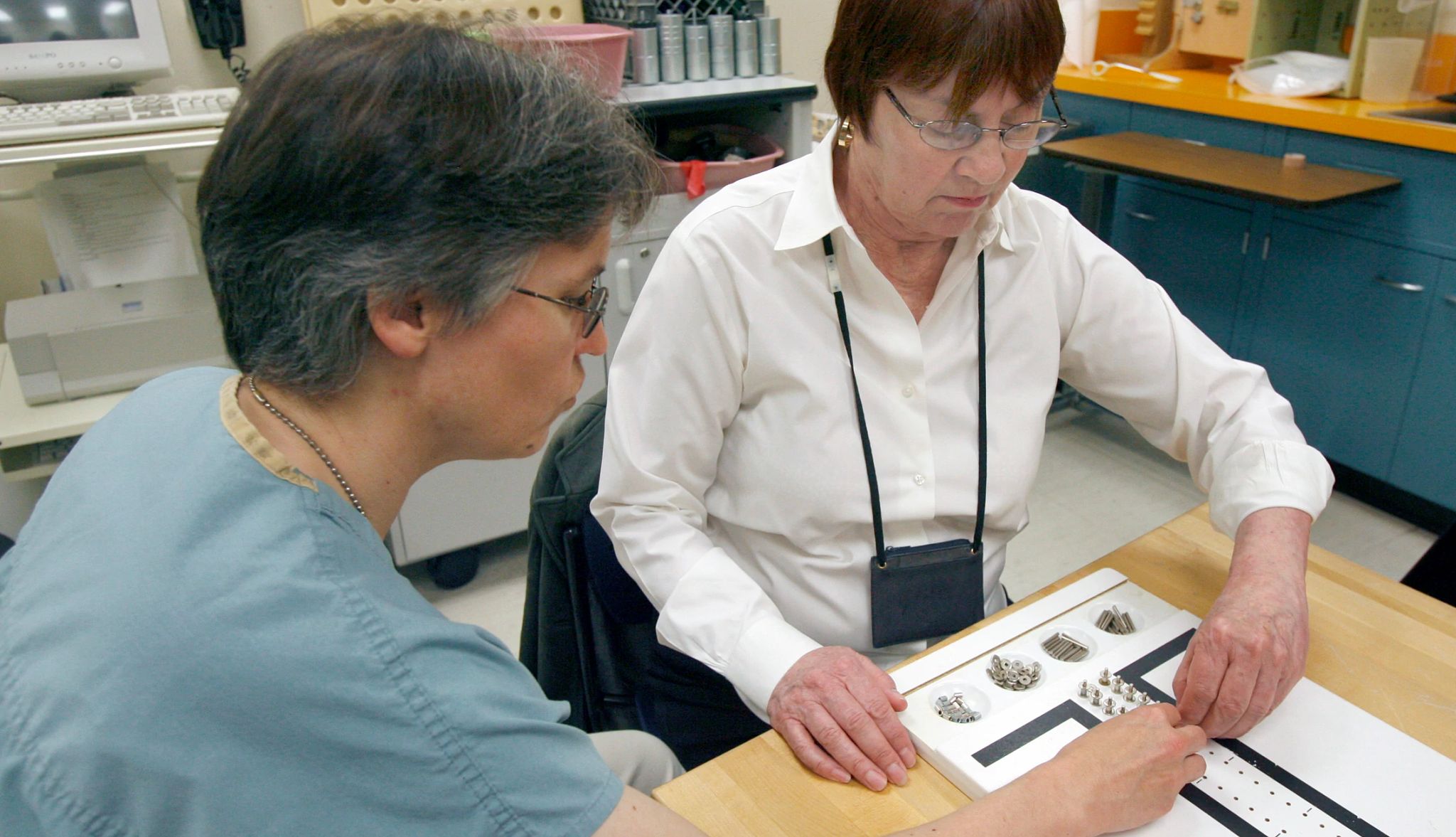


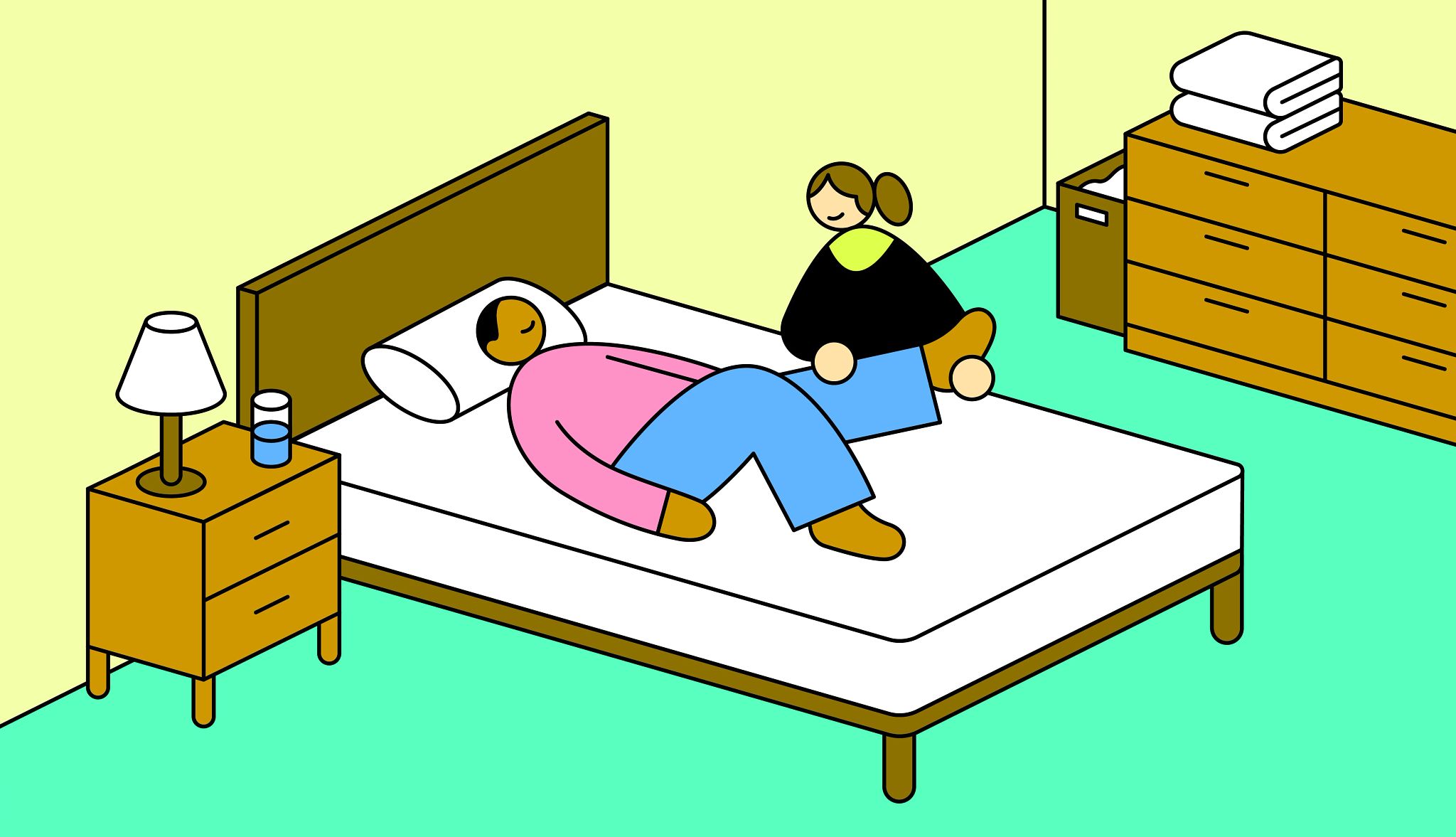

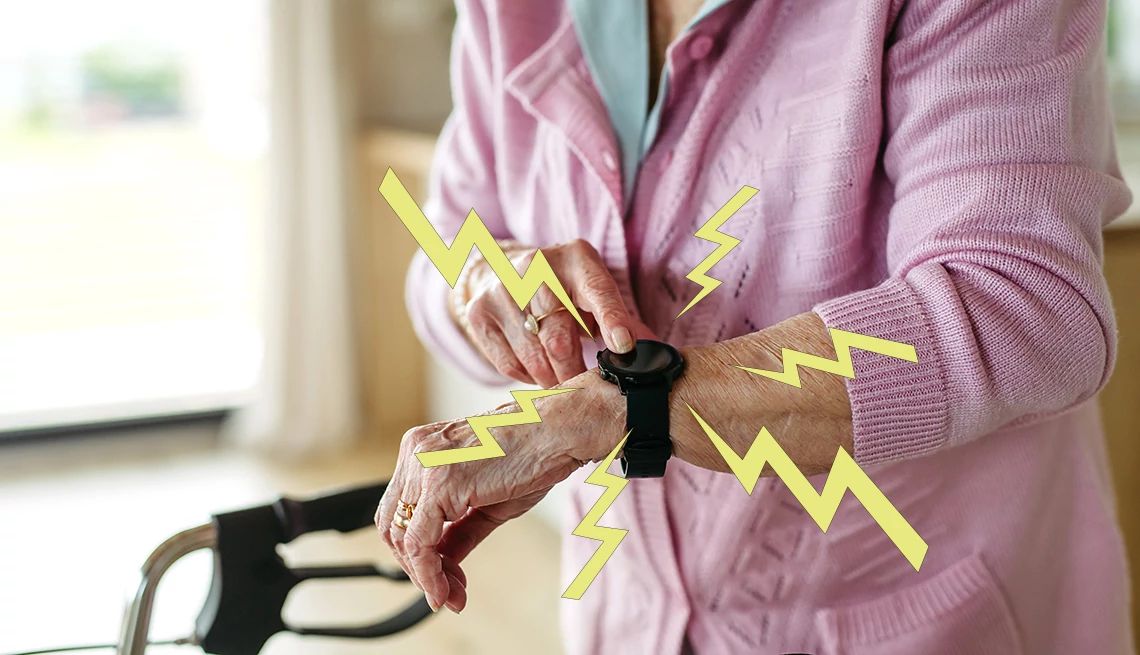






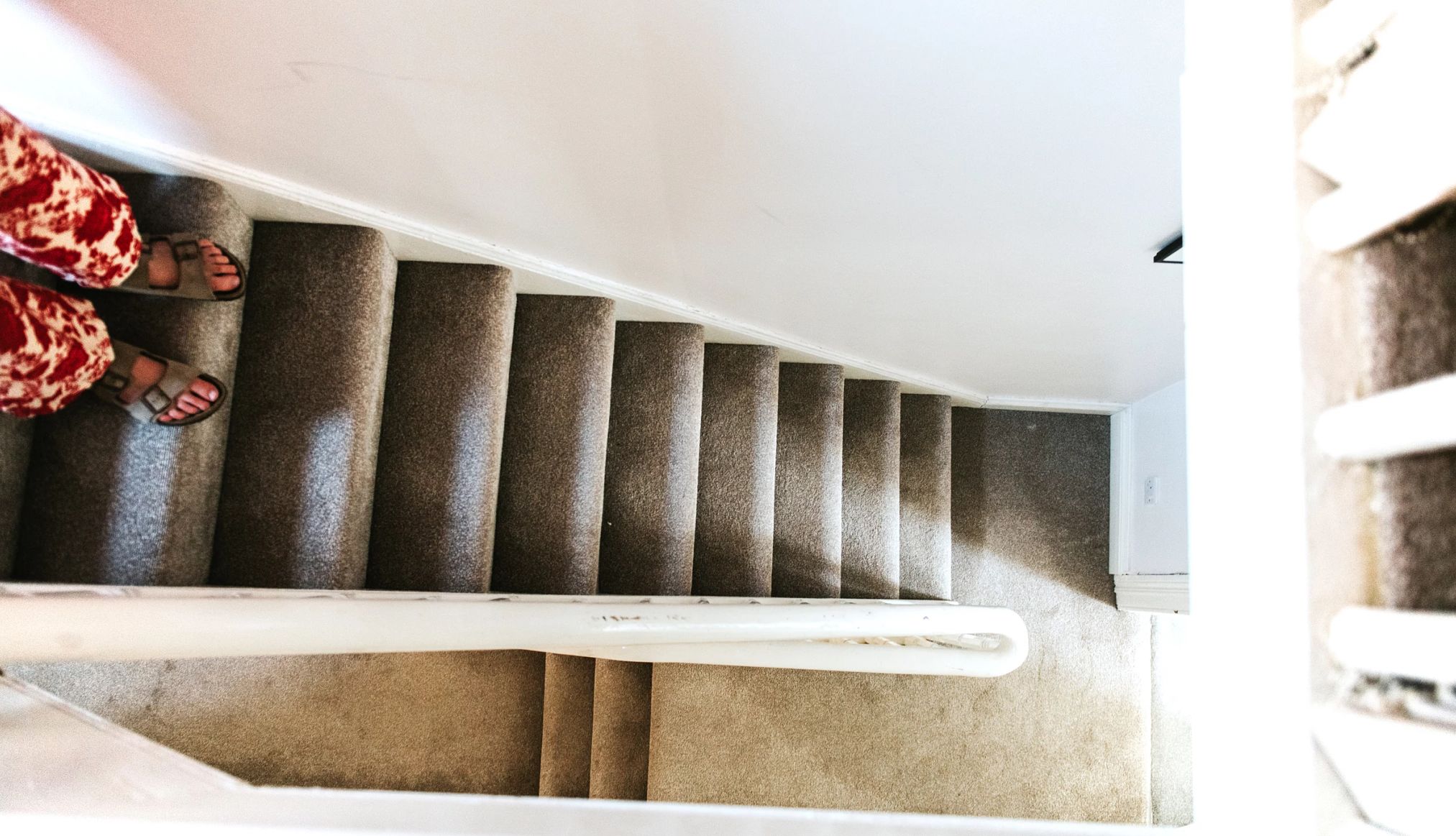




More From AARP
These Comfort Food Recipes are Primed to Become New Favorites
Craveable dishes you can feel great about makingHow to Be a Caregiver for Someone With Diabetes
There’s plenty you can do to help them live their best lifeFind the Right Home Health Aide for Your Loved One
What to look for and how to hire someone to care for family at home11 Things to Know About Your Health Information
Find out more about patient and caregiver rights to medical recordsRecommended for You